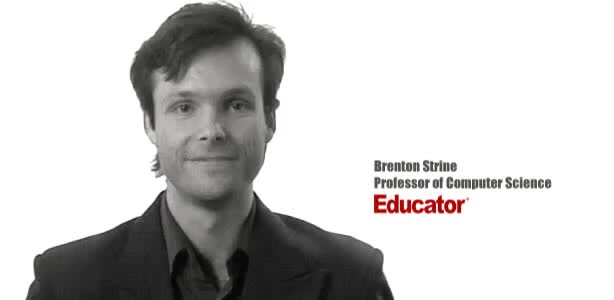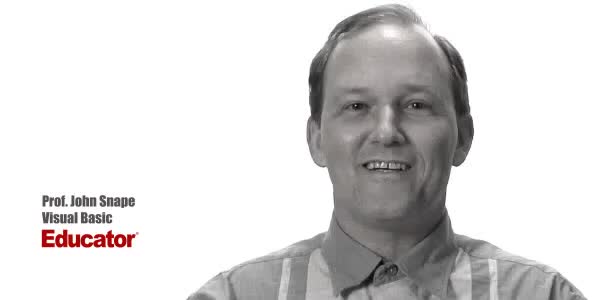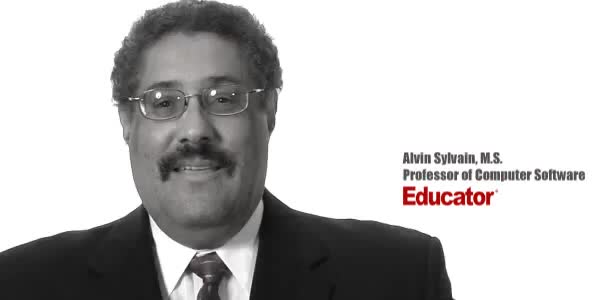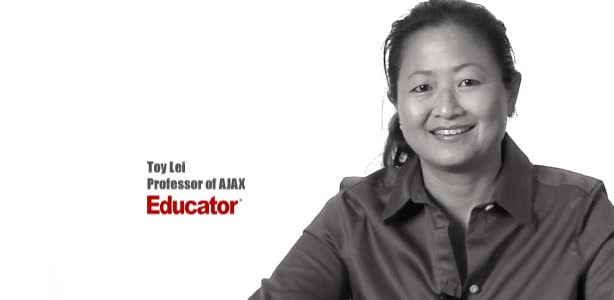Table of Contents
Duration: 9 hours, 20 minutes
Number of Lessons: 16
Perfect for the beginner coder looking to learn C++ programming. Professor Sylvain’s teaching experience allows him to show users how to avoid common pitfalls for the beginner programmer. Also included in the online course are Homework and Downloadable Files with his lessons to cement understanding of important principles.
Additional Features:
- Free Sample Lessons
- Downloadable Lecture Slides
- Study Guides
- Instructor Comments
Topics Include:
- Operators & Expressions
- Branching
- Looping
- Functions
- Arrays & Pointers
- Input/Output
- Handling Strings
- Object Oriented Programming
- Source Files and Samples
Alvin Sylvain utilizes his M.S. in Computer Science and decades of experience programming and tutoring to instruct Educator.com's Introduction to C++ course.
Student Testimonials:
“I absolutely love the way you lecture! Lots of excitement! “ — Micheal B.
“This has been soooo helpful, thanks a lot.” — David A.


















































